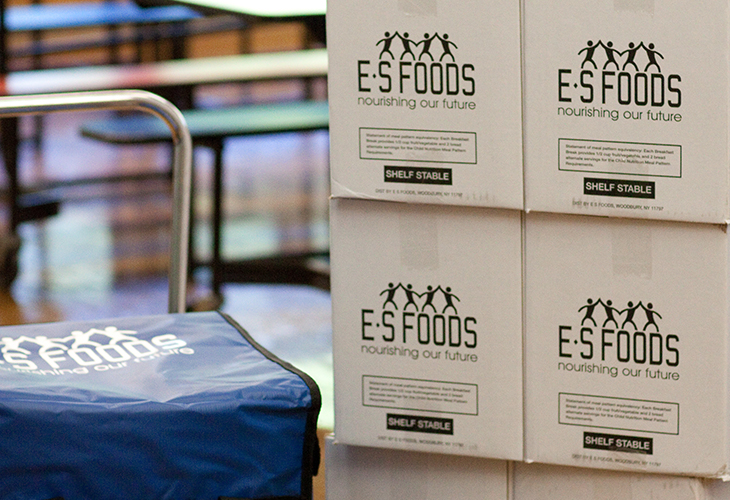This week the Food Research and Action Center (FRAC) released its annual School Breakfast Scorecard for the 2014-15 school year. Once again, the news is encouraging: nationally, school breakfast participation continued to increase steadily “continuing a trend of rapid expansion over the past decade,” according to the FRAC news release.
On an average day in the 2014–2015 school year, 11.7 million students eligible to receive free and reduced-price meals participated in school breakfast, an increase of 4.2 percent or nearly 475,000 children over the previous year.
The FRAC Report Card credits the success to alternative service models such as Classroom Breakfast and “grab and go” kiosks. This year, another key reason for growth was the “incredibly successful nationwide rollout of the Community Eligibility Provision, a federal option for high-poverty schools to offer breakfast and lunch at no charge to all students.”
By the Numbers
*11.7 million low-income children, those elibible for free and reduced-price school meals, participated in school breakfast on an average day.
* 475,000 more low-income children participated each day than in the previous school year, an increaseof 4.2 percent.
*54.3 low-income children participated in school breakfast for every 100 participating in school lunch, up from 53.2 to 100 in the previous school year.
*89,771 schools offered the School Breakfast Program, an increase of 1,114 schools over the prior year.
* 91.2 percent of schools offering the National School Lunch Program also offered the School Breakfast Program, slightly higher than the 90.2 percent that did in the previous year.
“The good news is that more low-income children across the country are starting the day with a nutritious meal to support their health and learning,” said FRAC President Jim Weill. “Progress is being made; however, there is still plenty of room for improvement. Federal and state agencies, school districts, and education stakeholders must continue to build on the momentum gained in recent years to ensure many more children participate in the School Breakfast Program if we are to reap all of that program’s educational, health and anti-hunger benefits.”
